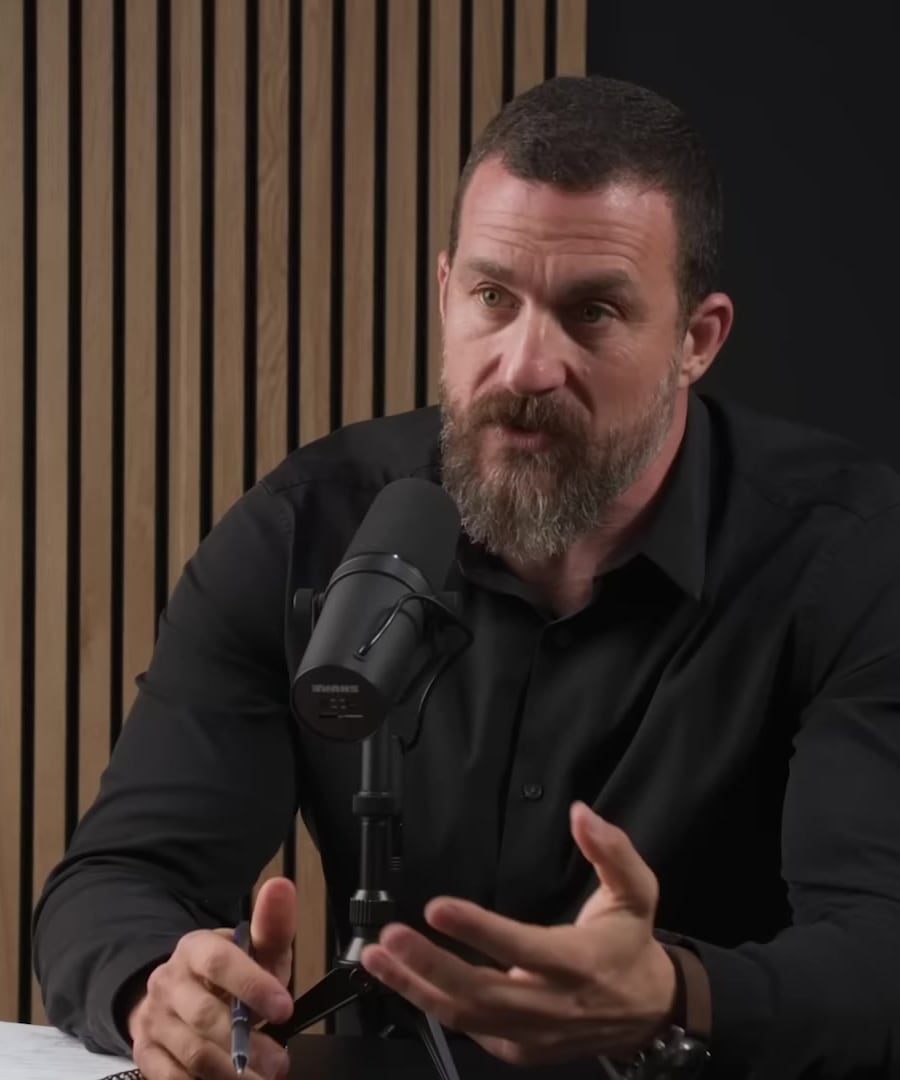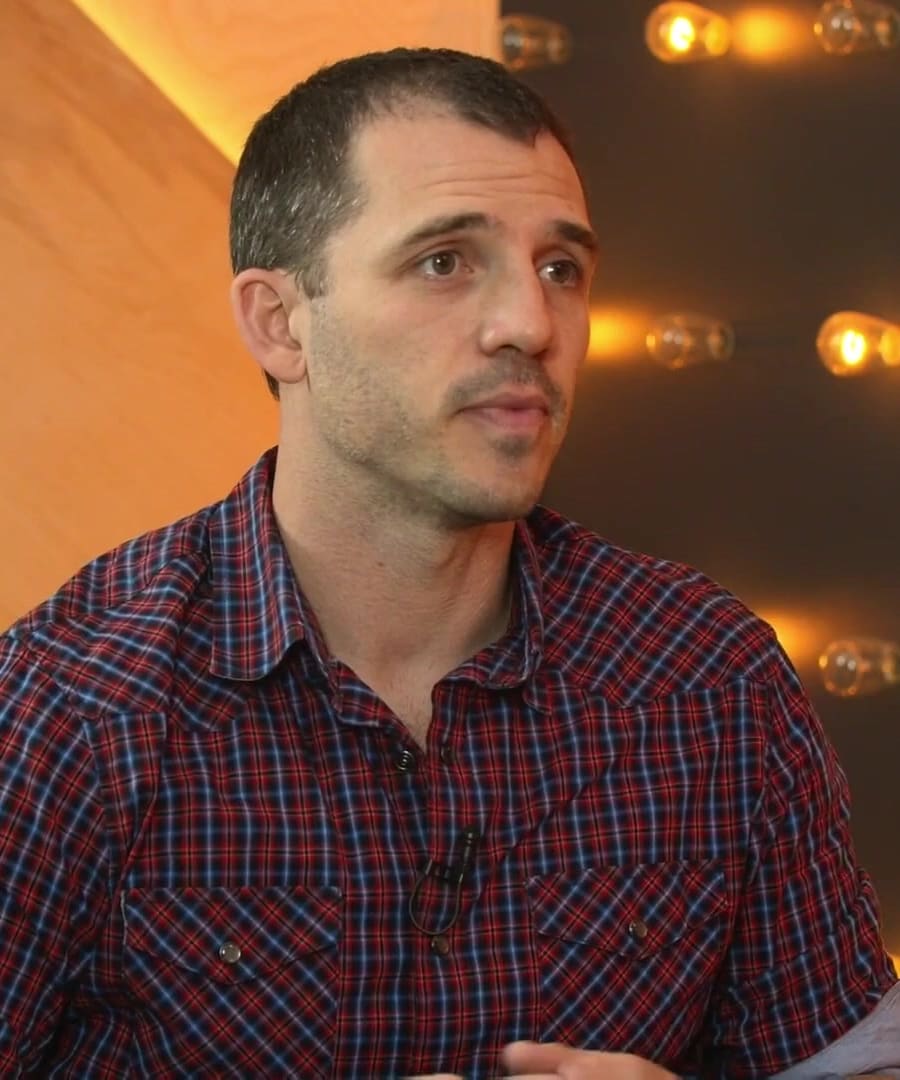Psychological responses
Sources:
Psychological responses encompass a range of reactions including emotions, stress, and mental processes. Here are some key insights based on expert discussions:
-
Psychophysiologic Responses:
- Dr. Michael Donnino underscores the link between emotions and physical responses. Emotions like embarrassment lead to physical changes such as blushing. Chronic stress and unprocessed emotions can cause physical pain. His research shows that addressing these emotions through psychophysiologic relief therapy significantly reduces chronic pain 1.
-
Stress Responses:
- Andrew Huberman and Elissa Epel discuss how psychological stress can either be viewed as a challenge or a threat. A challenge response, where the stressor is seen positively, leads to better physiological outcomes and less inflammation. Conversely, a threat response results in higher stress and slower recovery 2.
- Andy Galpin explains how psychological stress triggers physiological changes like increased heart rate and narrowed focus. Stress resilience is built by being tolerant to these physiological changes, such as elevated CO2 levels, which helps in better stress management 3 4.
-
Emotional Intelligence:
- Jocko Willink and Chris Voss emphasize the importance of labeling emotions in communication. Recognizing and naming emotions helps manage them effectively, transforming emotions from obstacles into tools for better negotiation and relationships 5.
-
Completing the Stress Response Cycle:
- Emily Nagoski highlights the role of physical activity and affection in completing the stress response cycle. These activities signal to the body that it has escaped the stressor, promoting emotional and physiological recovery 6.
Understanding these responses can lead to better management of stress and emotions, improving both mental and physical health.
RELATED QUESTIONS-



